2 August 2020
Dominique Durand
President of the International Committee Buchenwald-Dora and Commands
Statement on the occasion of the European Holocaust Memorial Day for Sinti and Roma 2020
On this day of remembrance of the Roma and Sinti victims of Nazi barbarism, it is unfortunately necessary to underline the important place occupied by the Buchenwald concentration camp and its external camps in this genocide. More than 3,500 of them were interned there as early as June 1938 and later others deported from countries occupied by Nazi Germany joined them.
Today, a monument commemorates their memory on the site of Block 13.
These men and women often served as test subjects for the Eugenics Research Service, and later for human experimentation in the search for vaccines against exanthematic typhus. I am thinking at the moment of the young musician Otto SCHMIDT, interned in 1938 and died in 1942. He was 22 years old.
Few survived. When they didn’t die from beatings or medical experiments, they were sent to Auschwitz or to euthanasia centres.
I’m thinking of Sinto Stephan PETERMANN, murdered in 1941 in Sonnenstein.
This year, despite the difficulties caused by the Covid 19 pandemic, we particularly remembered Willi BLUM, Ewald HANSTEIN and Franz ROSENBACH.
I also wish to recall the memory of Antoine LAGRENÉ, who was deported from Belgium to Auschwitz and, because he was young and strong, was put on a convoy to Buchenwald on the eve of the massacre of the family camp, which we commemorate today.
To commemorate is not to forget.
We must refuse to forget life, martyrdom, the fighting of the ROMA and SINTI.
Their memories must be present in order to be aware that we must get rid of all the reflexes of exclusion from the human community. Racism, social prejudices, culture deviated from national or cultural differences, are poisons.
Humanity is one, although it is constructed like a puzzle, no piece of which is identical.
The Roma and the Sinti are a piece of this puzzle, without which humanity is not complete.
In April 1945, the inmates of Buchenwald made a commitment to build a world of peace and freedom, a puzzle from which none of the pieces would be excluded.
This commitment is our legacy. To continue and to maintain, to encourage even the reflexes of exclusion of a part of our community, even if it is a minority, cannot satisfy the hope brought to Buchenwald by the victims of Nazism.
Today, 76 years after the massacre we are commemorating today, let us work together to reject its causes, to denounce those who, in Europe and elsewhere, maintain them and continue to give them dangerous topicality.
Statements
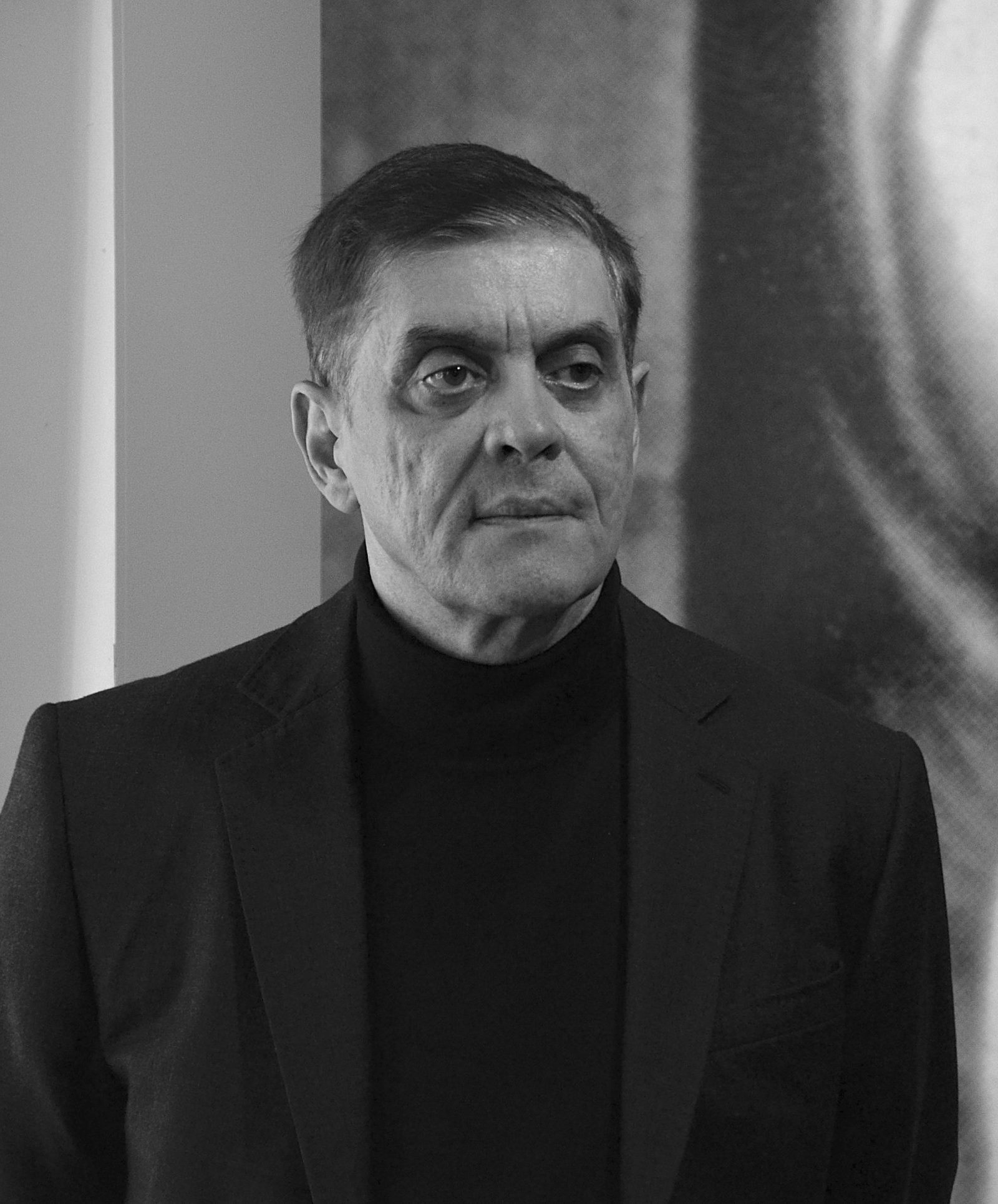
Romani Rose
Chairman of the Central Council of German Sinti and Roma
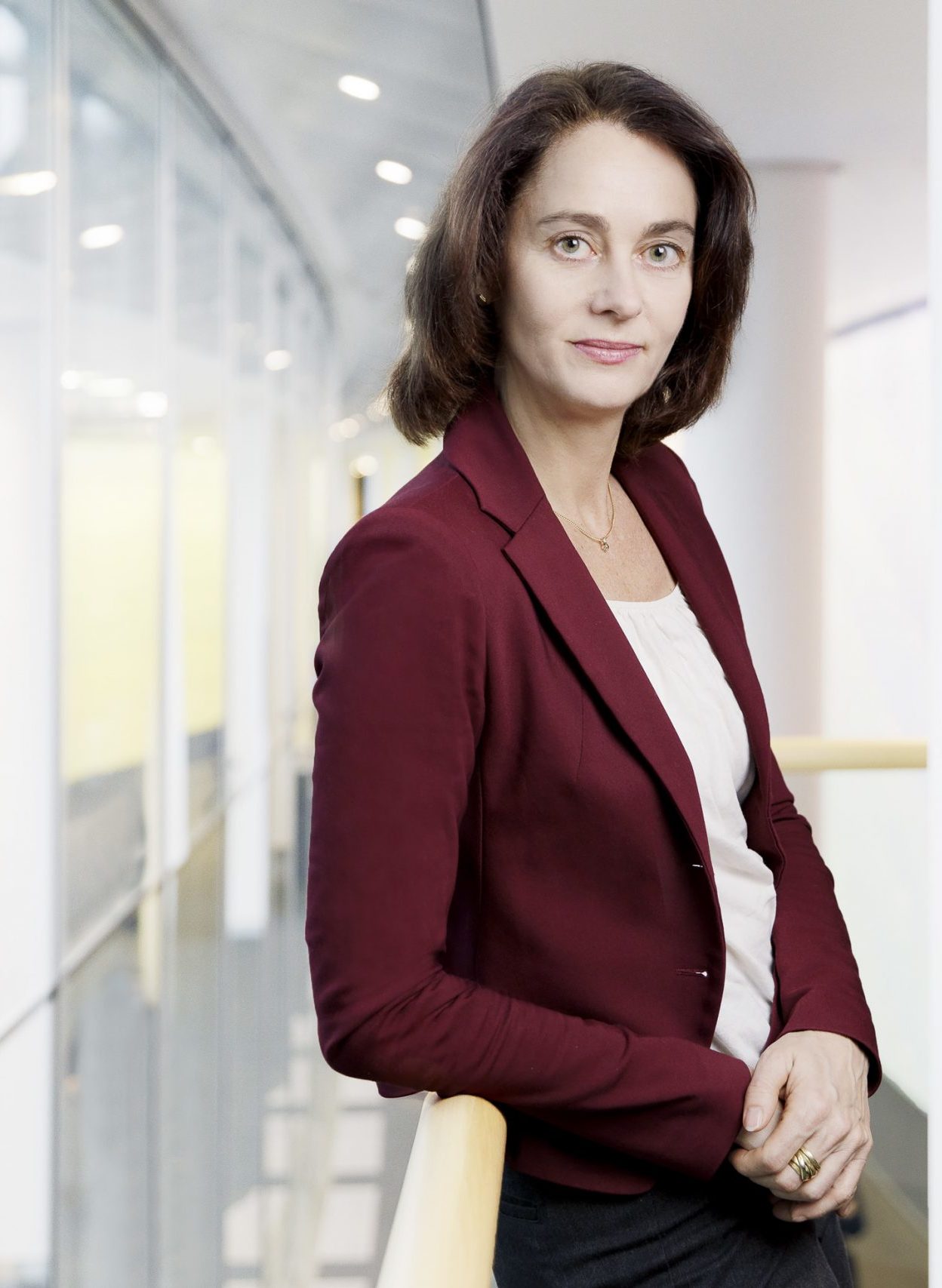
Katarina Barley
Vice President of the European Parliament
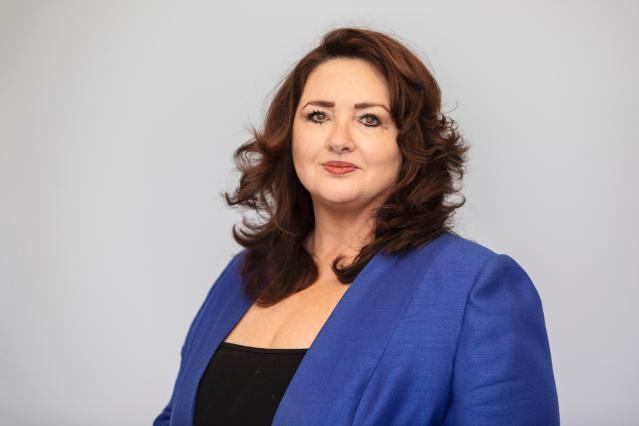
Helena Dalli
European Commissioner for Equality
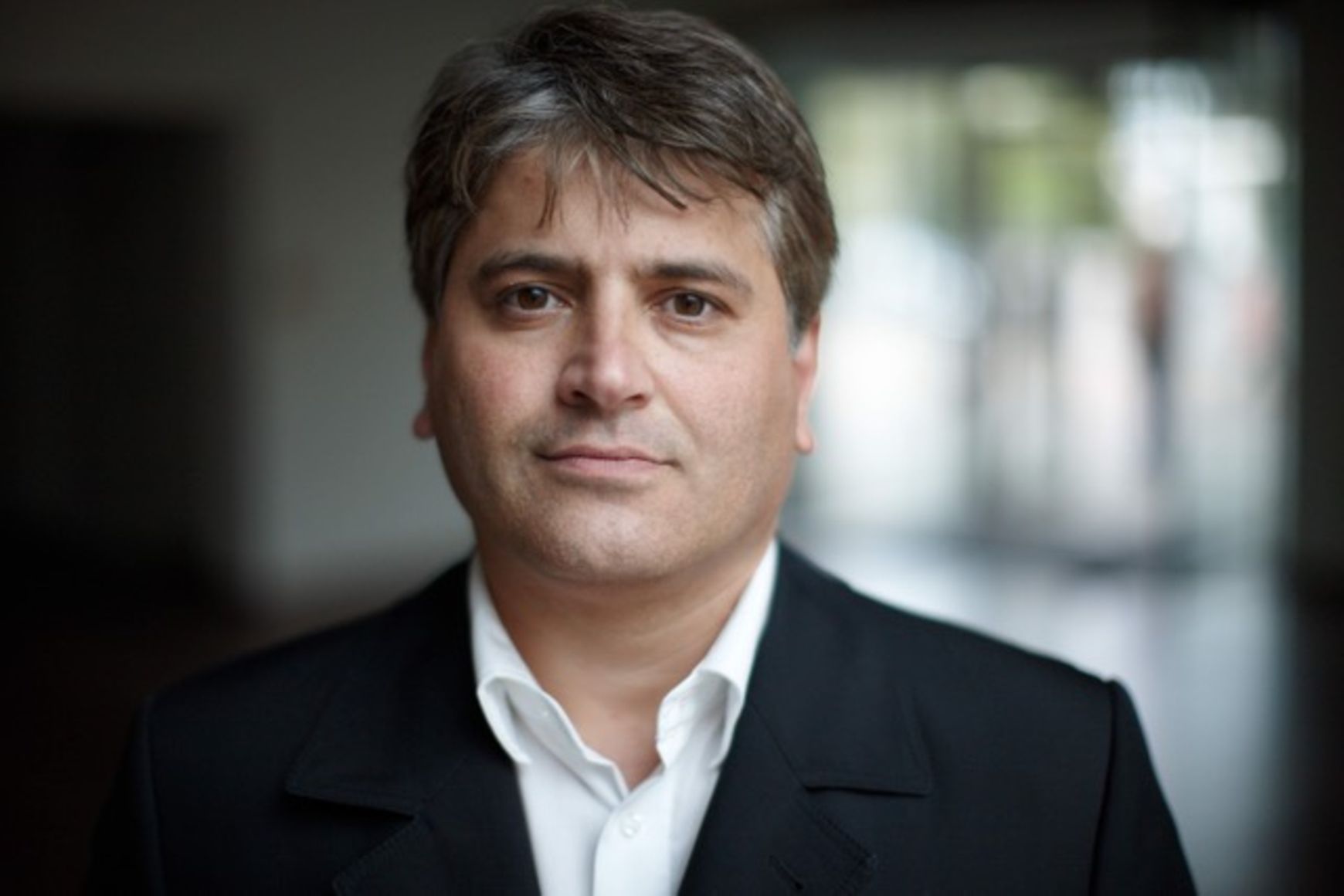
Mehmet Daimagüler
Dr. Mehmet Daimagüler, Antigypsyism Commissioner of the Federal Government
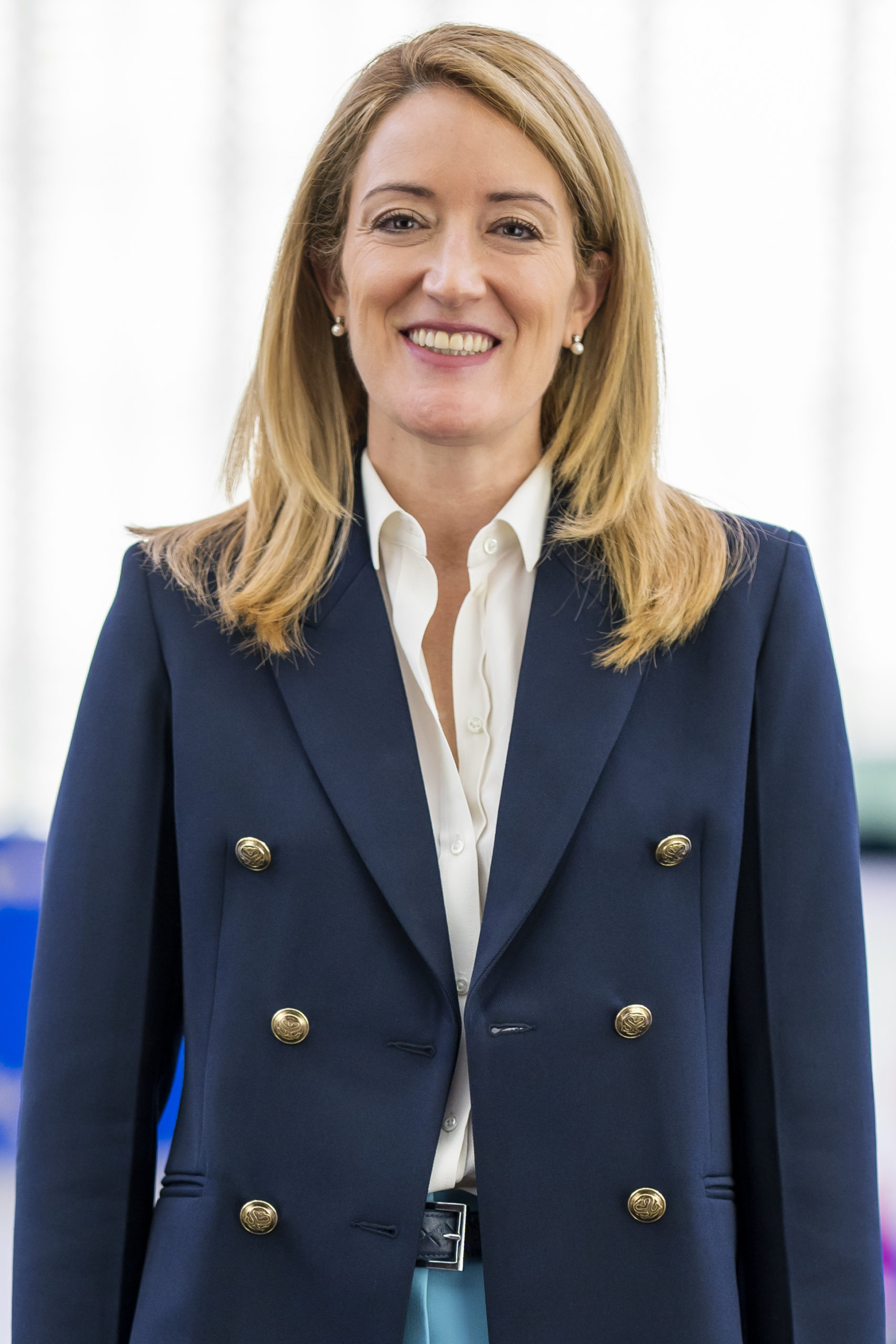
Roberta Metsola
Roberta Metsola, President of the European Parliament
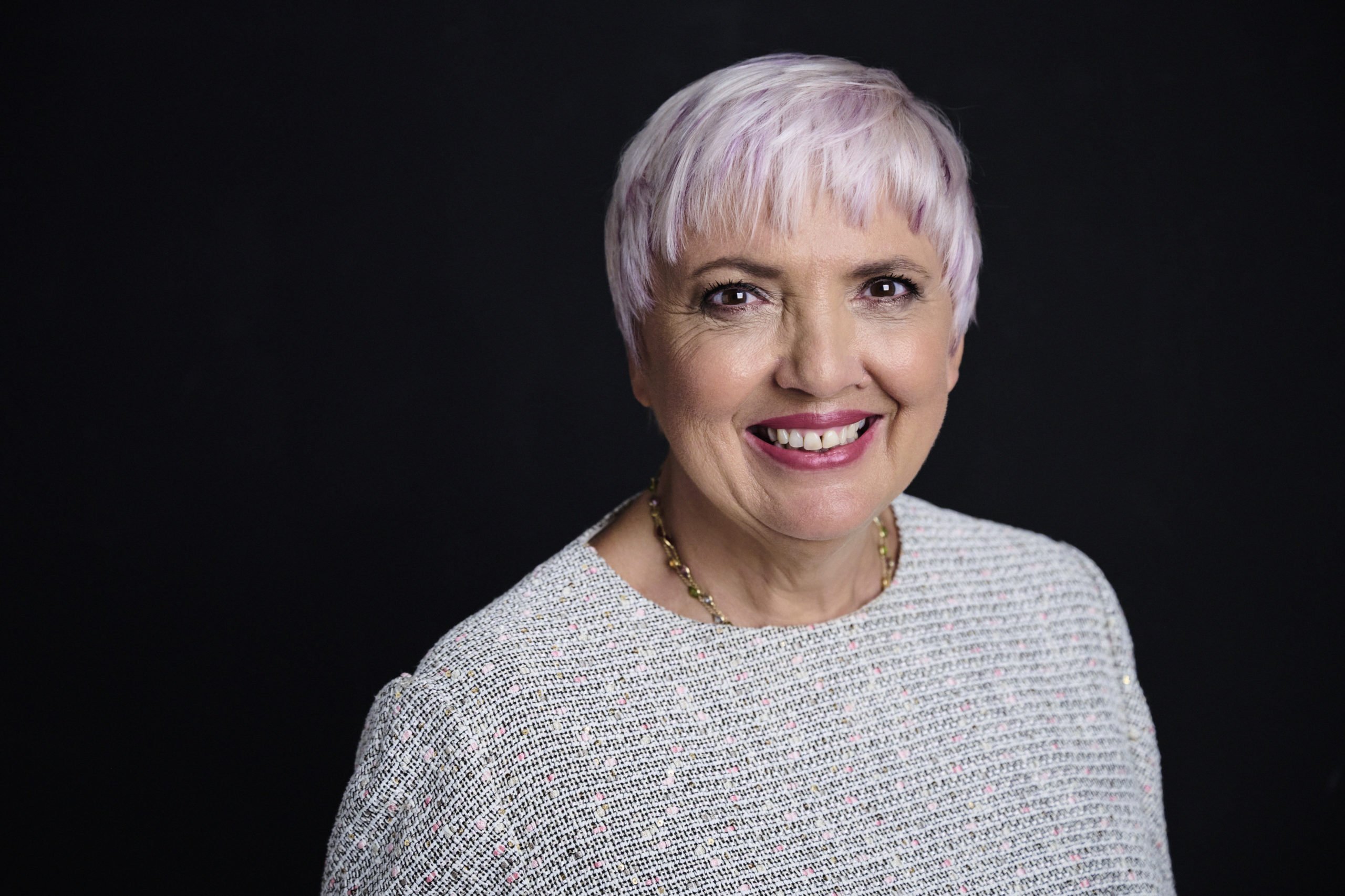
Claudia Roth
Vice President of the German Bundestag
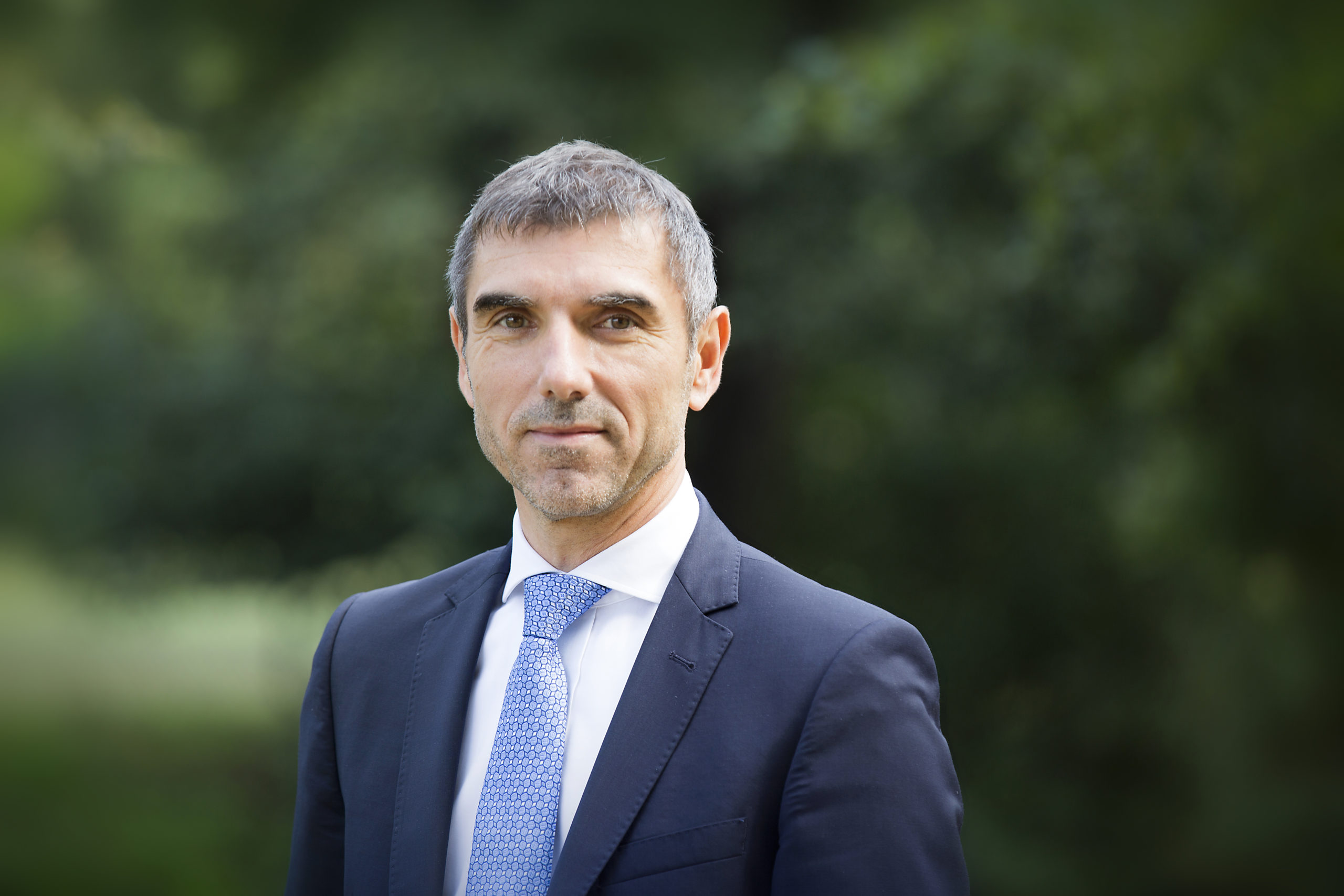
Paul Blokhuis
Dutch State Secretary Paul Blokhuis
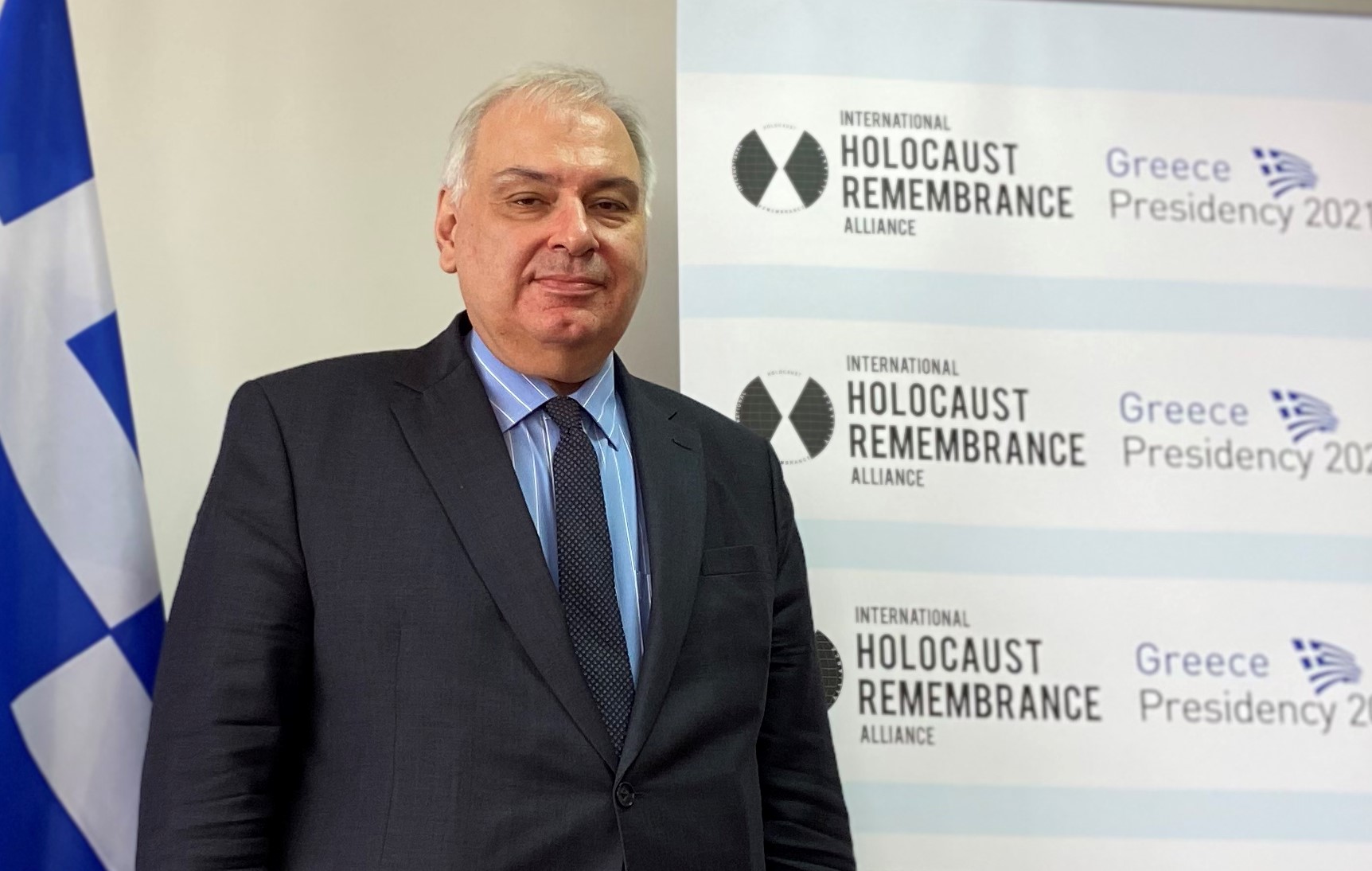
Chris J. Lazaris
Amb. Chris J. Lazaris, IHRA Chairman
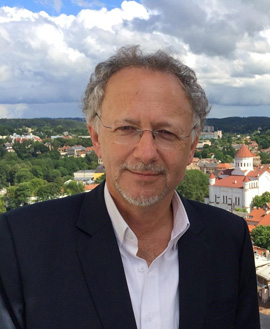
Fernand des Varennes
UN Special Rapporteur UN minorities
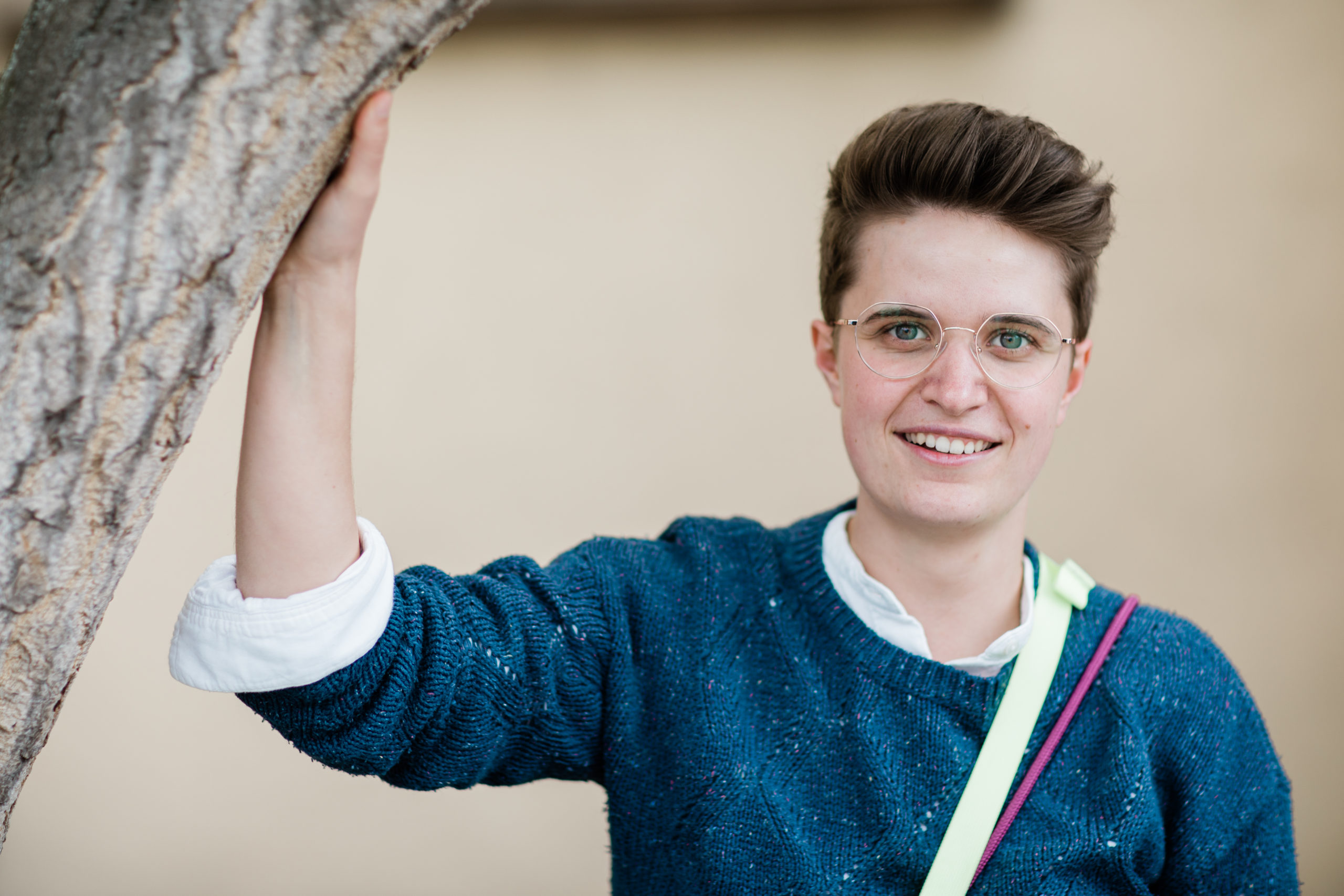
Anna-Nicole Heinrich
President of the Synod of the Evangelical Church in Germany (EKD)

Justin Trudeau
Prime Minister of Canada
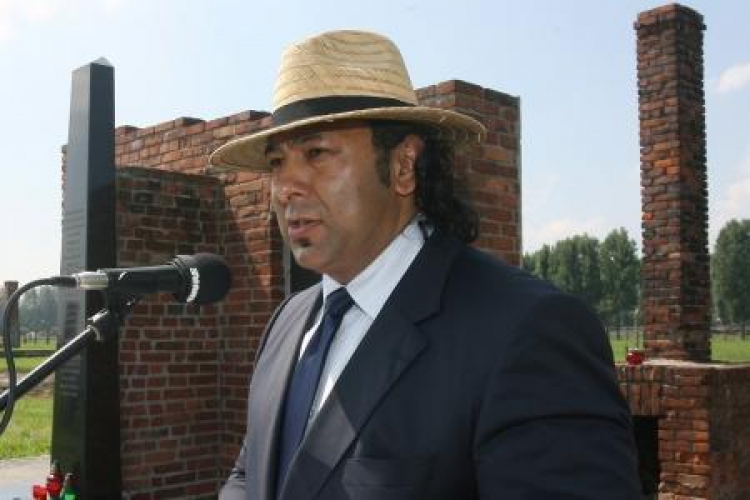
Roman Kwiatkowski
Chairman of the Association of Roma in Poland
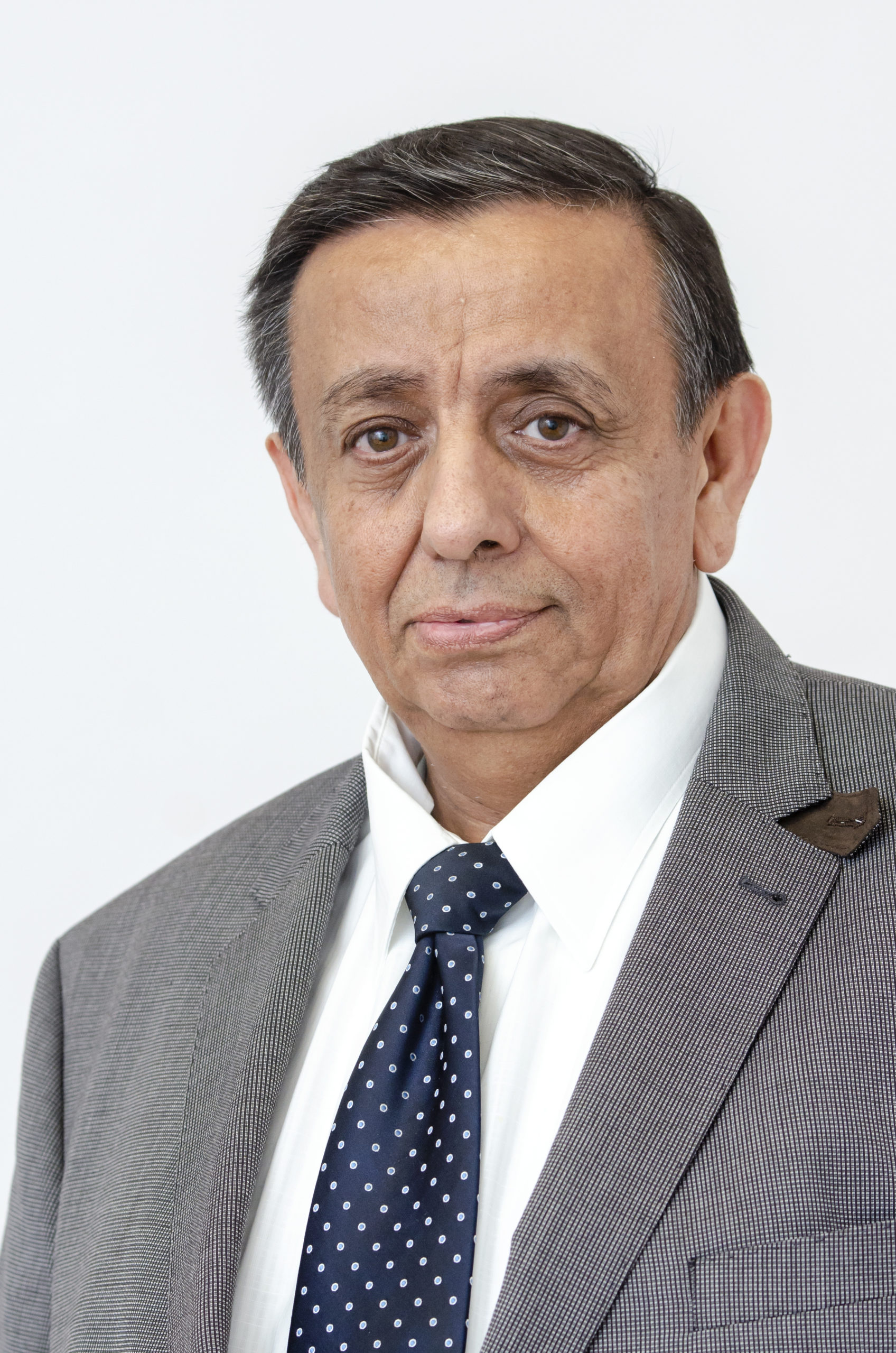
Erich Schneeberger
Deputy Chairman of the Documentation and Cultural Center of German Sinti and Roma and Chairman of the Association of German Sinti and Roma
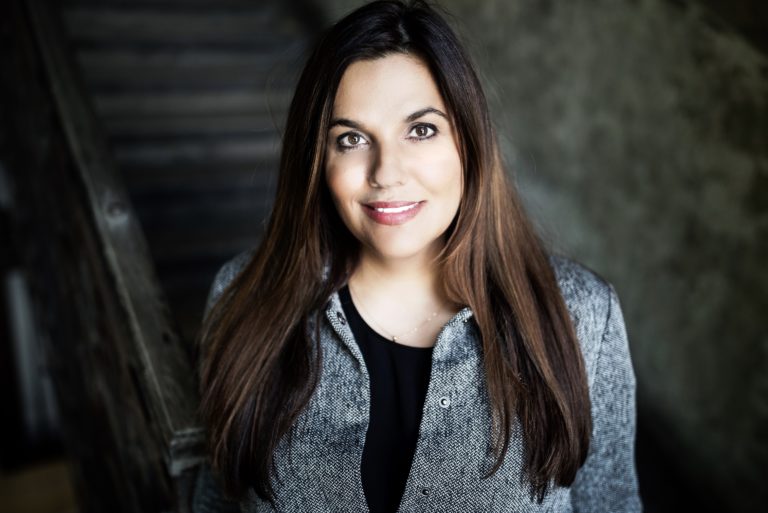
Timea Junghaus
Executive Director
European Roma Institute for Arts and Culture (ERIAC)
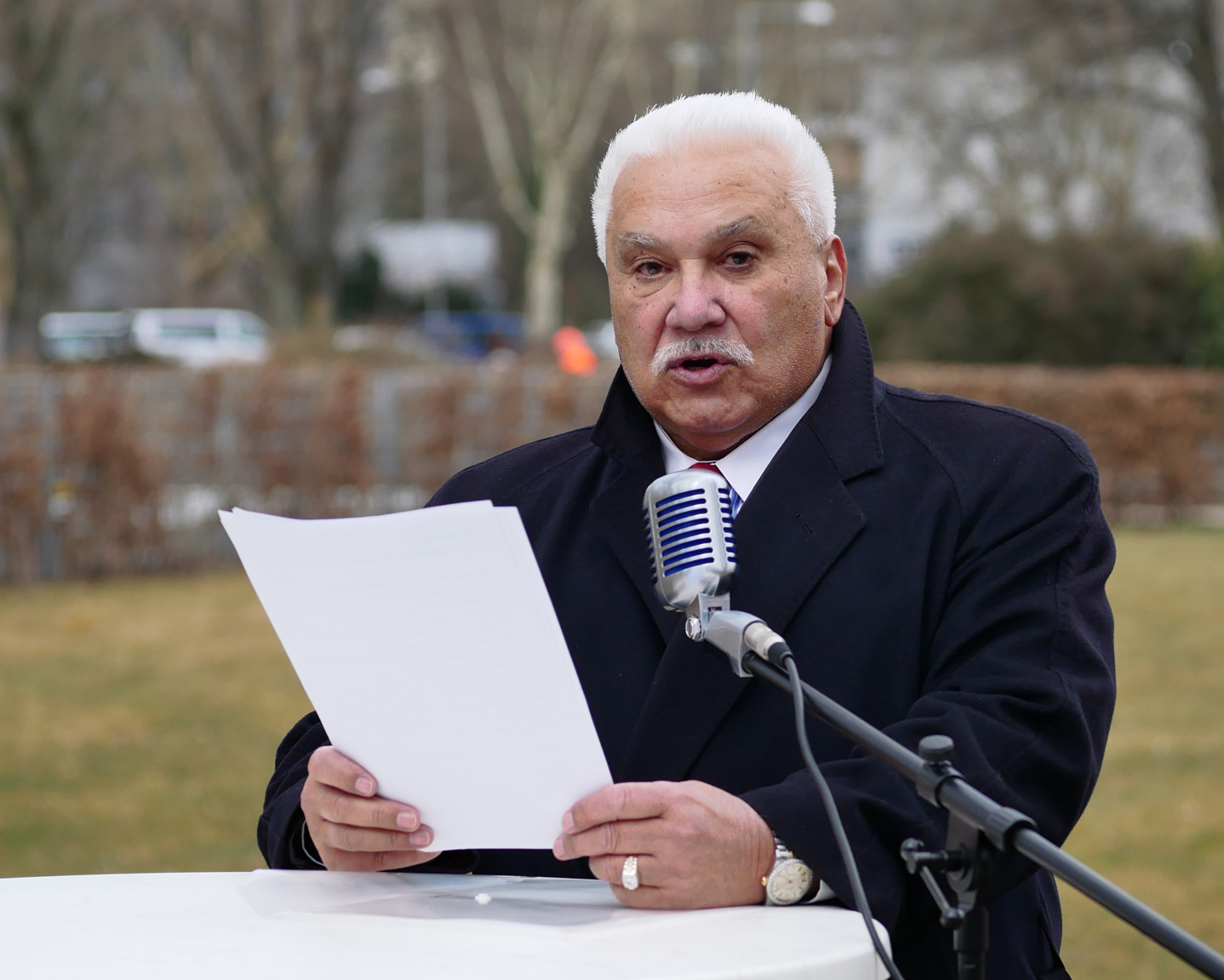
Adam Strauß
Chairman of the Council of German Sinti and Roma in Hesse
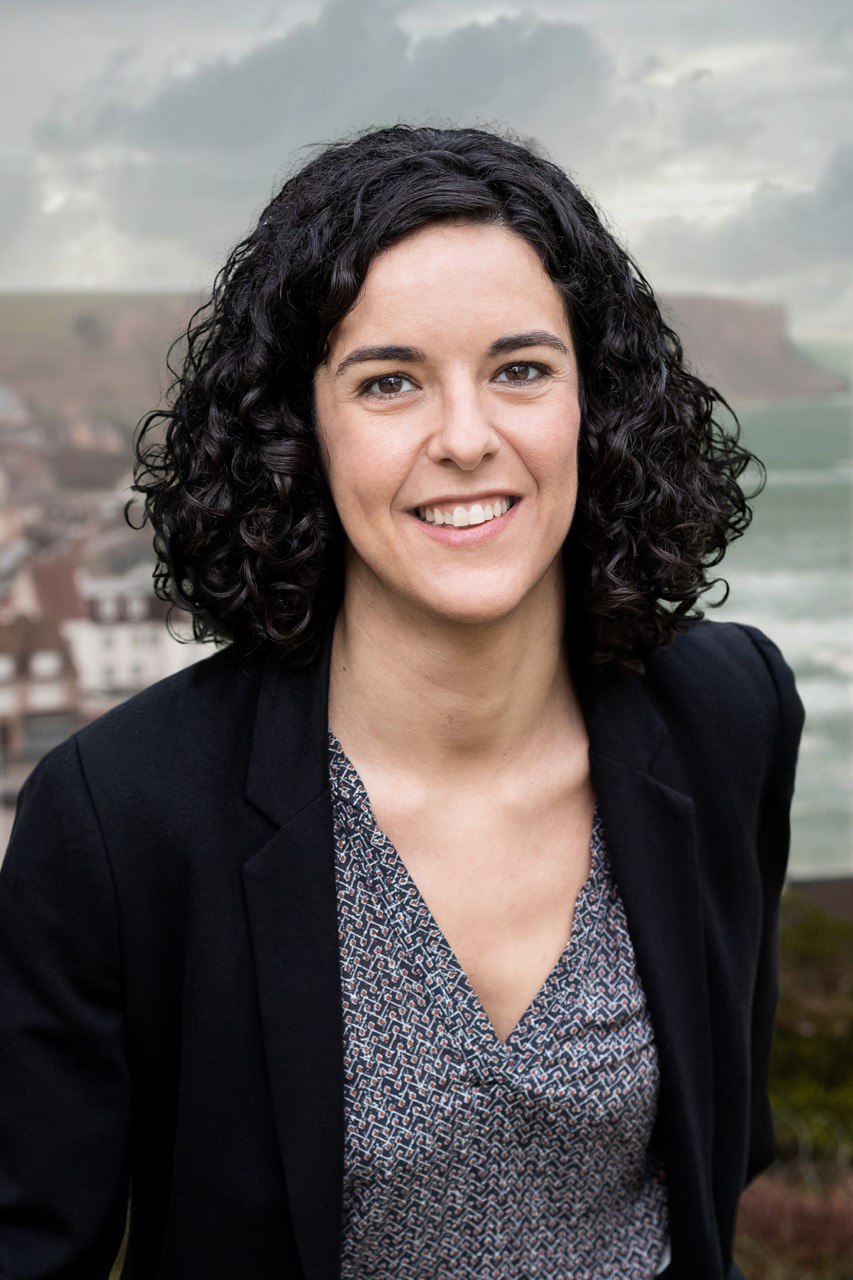
Manon Aubry
Manon Aubry, MEP
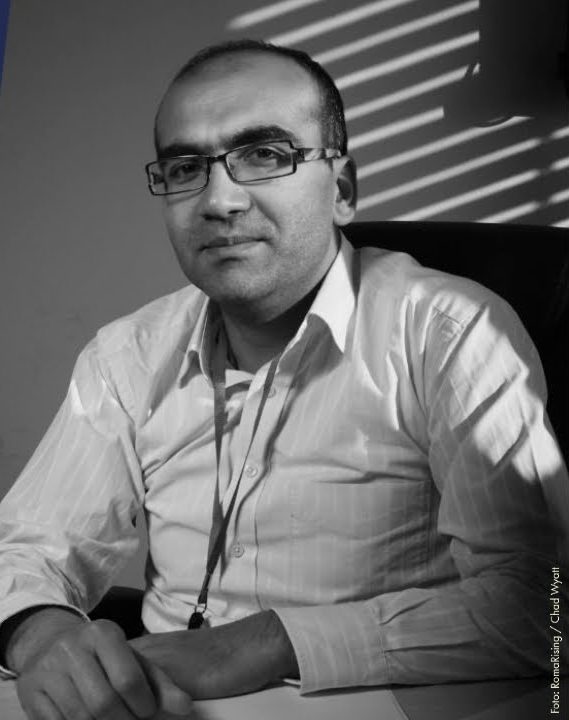
Adrian-Nicolae Furtuna
Historian at the University of Bucharest
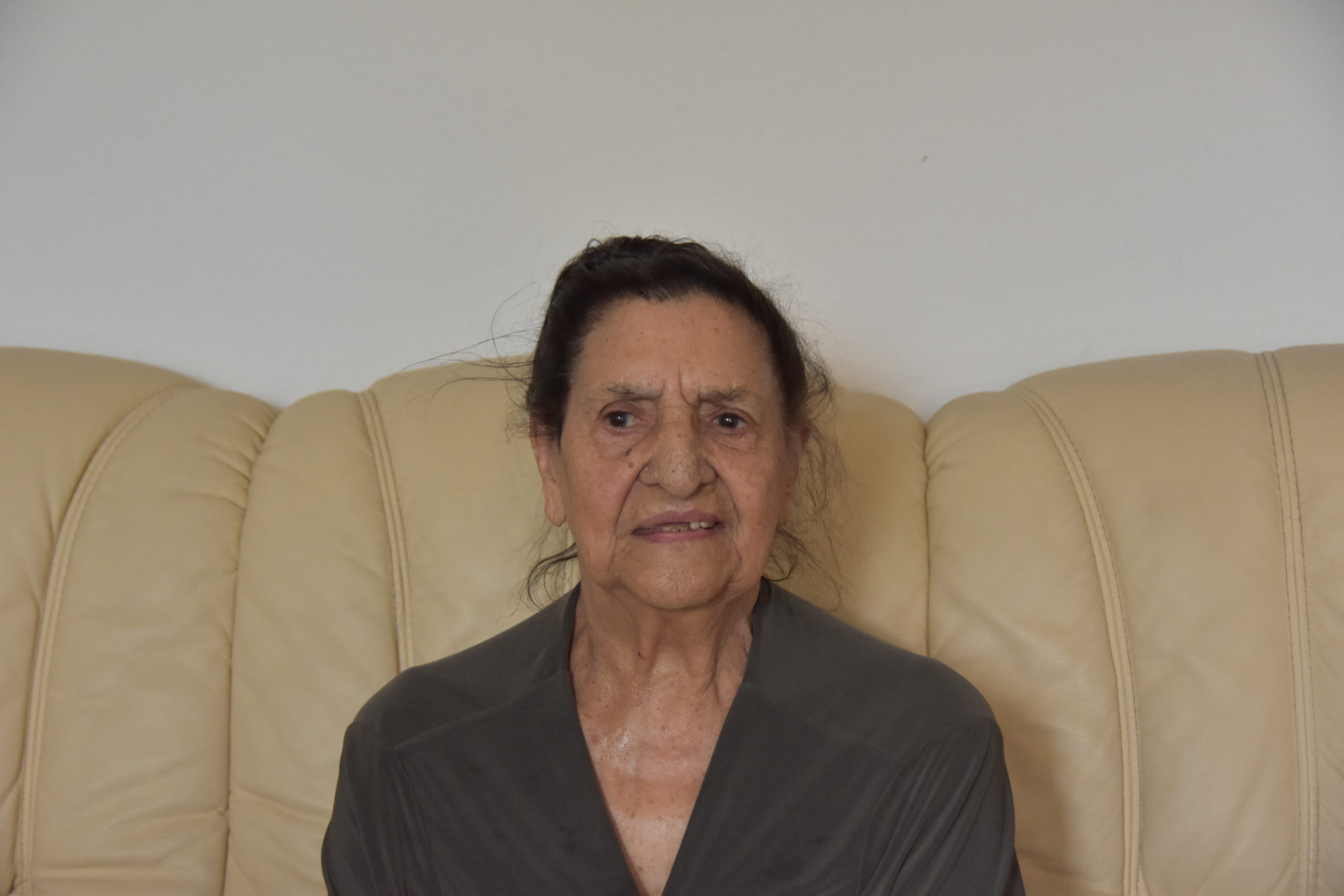
Philomena Franz
Holocaust Survivor

Angelina Kappler
German former Weinkönigin
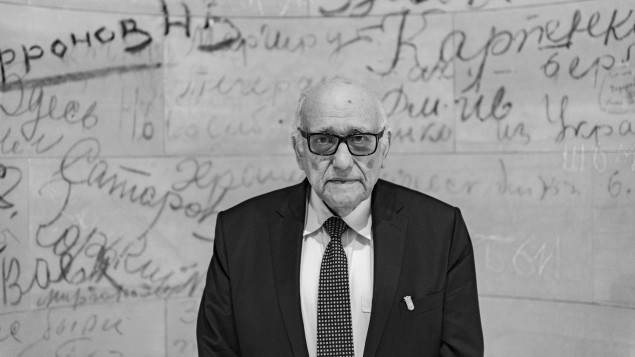
Marian Kalwary
Chairman of the Association of Jews,
Survivors and Victims of the Second World War










